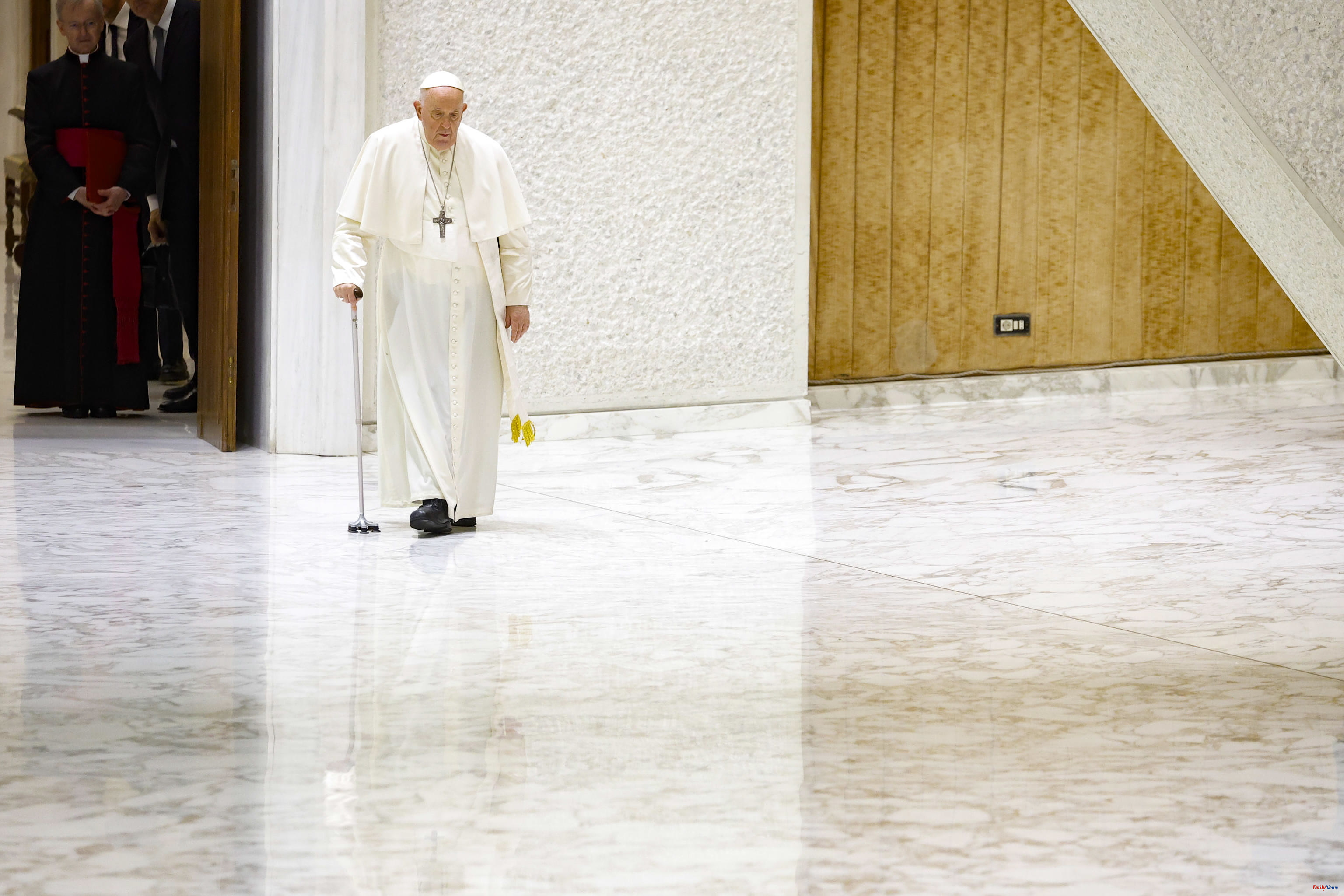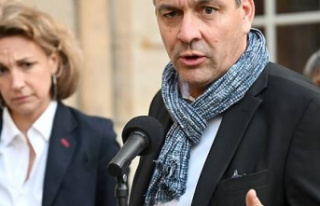It was thought that it would never happen, but Pope Francis will finally visit his native Argentina, eleven years after being elected as the head of the Catholic Church.
The announcement has not yet been officially made by the Vatican, but Jorge Bergoglio sent the message to his usual interlocutors in the country so that they spread the news: the plan is to visit, after Easter 2024, Argentina, Uruguay and some cities in the southern Brazil.
Why did Bergoglio take so long and why will he finally visit Argentina? "An estimated factor is the age and health of the Pontiff, who has overcome the crisis, but now feels old and that he owes a debt to the country. He did not come before because the local political process made him fear that it would be the subject of discussion and debate, in a country where the Church does not have problems like in other parts of the world," said analyst Ignacio Zuleta in 'Clarín'.
Bergoglio is the subject of discussion in his country, where many blame him for his closeness to Peronism and unfair treatment of opposition leaders, such as President Mauricio Macri himself between 2015 and 2019. But recently, the Pope made public statements in the who assured that the Government of Cristina Kirchner sought to have him sentenced by the Justice in his years as Archbishop of Buenos Aires, although he could not do so.
What is indisputable is that Bergoglio did not follow the paths of the Pole Karol Wojtyla, known as John Paul II, or the German Joseph Ratzinger, who ruled the Church under the name of Benedict XVI.
Wojtyla was elected pope in 1978 and visited Poland the following year, a nine-day pilgrimage that shook the social and political foundations of the country, then under the yoke of the Soviet Union. John Paul II raised the self-esteem of his compatriots, whom he would visit eight more times.
In 2005, Ratzinger visited Germany just four months after having come to the chair of Peter.
Both Wojtyla and Ratzinger had an advantage over Bergoglio, the geographical proximity of the Vatican and their respective countries: the flight from Rome to Buenos Aires takes 13 hours, even though the Pope has traveled around the world, and the fact that he has not visited his country in more than ten years surprises many Argentines and even offends a few.
According to the Argentine press, Francis chose to visit Argentina in 2024 because the country will have a new government after the elections at the end of this year: "In the Vatican's opinion, the arrival of a new government since December dispels the threat that its presence It can cause divisions. In any scenario, he sees that an understanding agenda can be reached between the political forces that has no return."
Clarín assured that the Argentine Pope, who will be 87 years old at the time of the visit, will not convene his faithful in Buenos Aires, the largest city in the country and one of the 20 largest in the world.
"The plan of the visit, designed for previous trips that were not made, will avoid the Federal Capital as much as possible. It foresees ceremonies in the south (Neuquén), some city in the suburbs (La Matanza), and the North (Salta or Tucumán) ".
Francisco himself had anticipated in April of this year, in an interview with the Argentine newspaper La Nación, that he wanted to visit his country.
"I want to go to the country next year," said the Pope, who asked that he not be linked "with Argentine politics." A request that contains a paradox, since Bergoglio is a religious man of great political astuteness who became fully involved in issues of his country in his first years in the Vatican.
According to the criteria of The Trust Project












